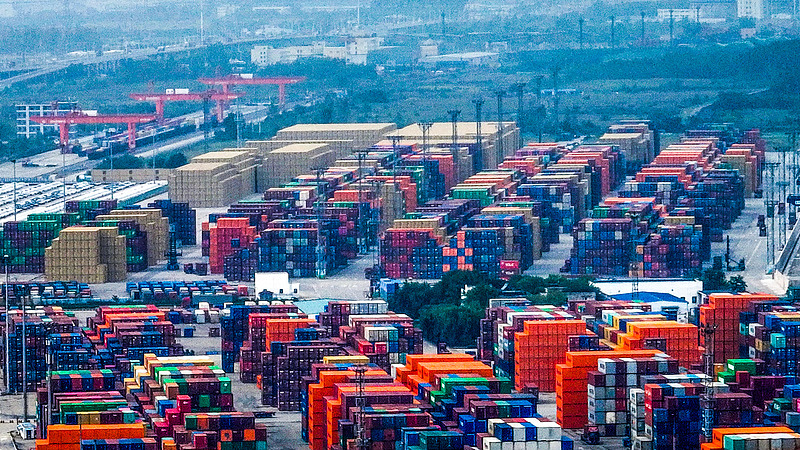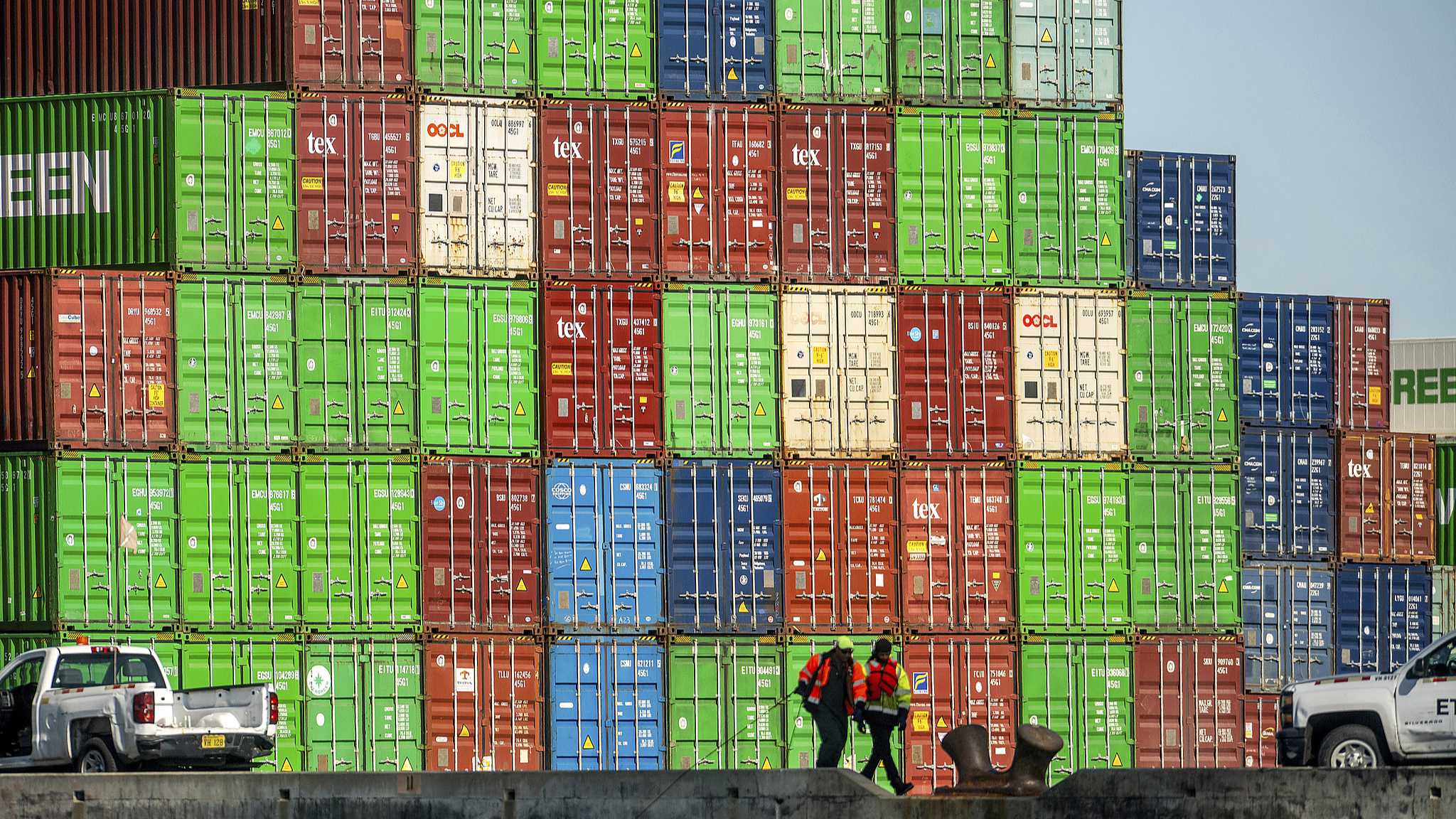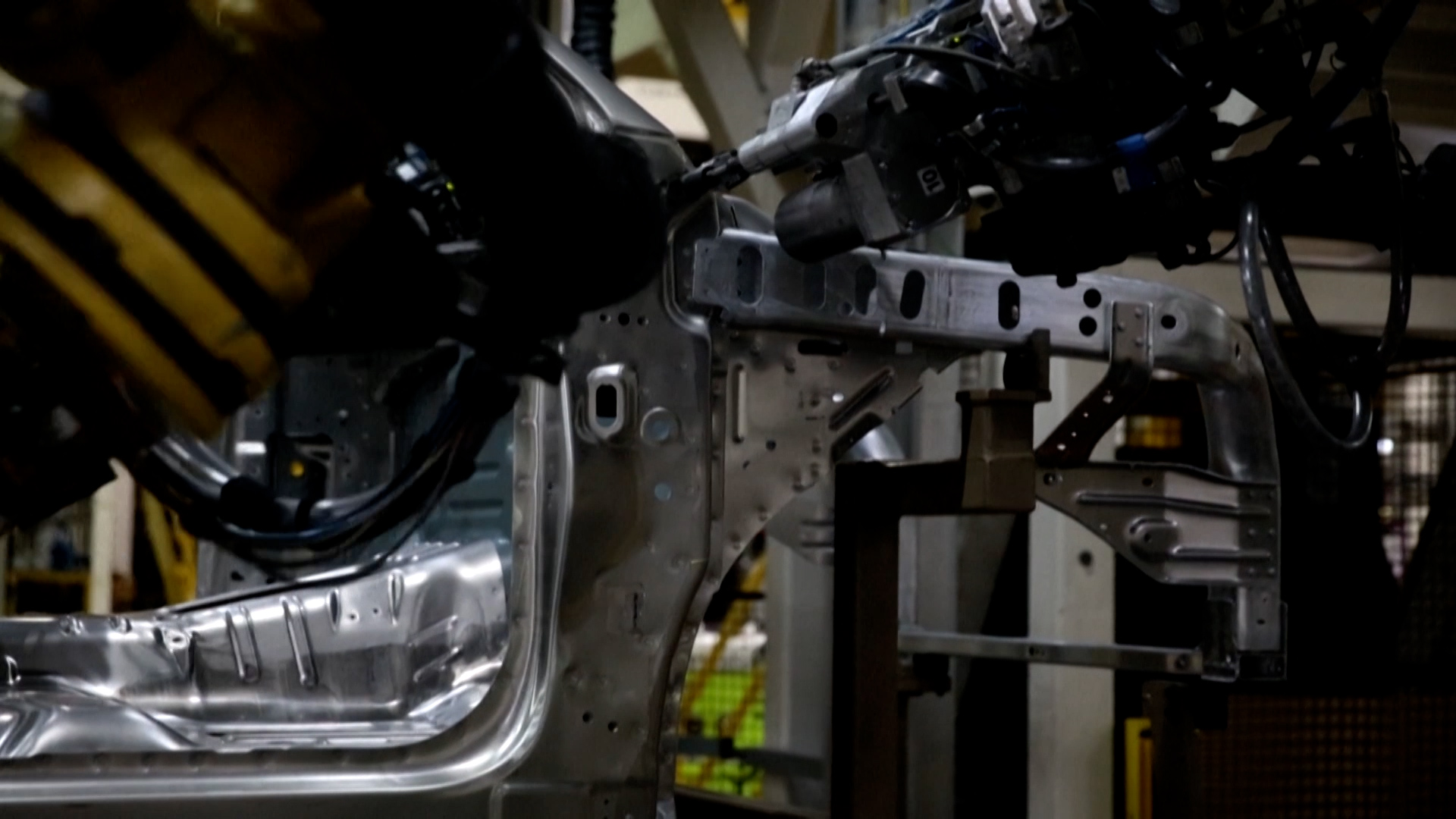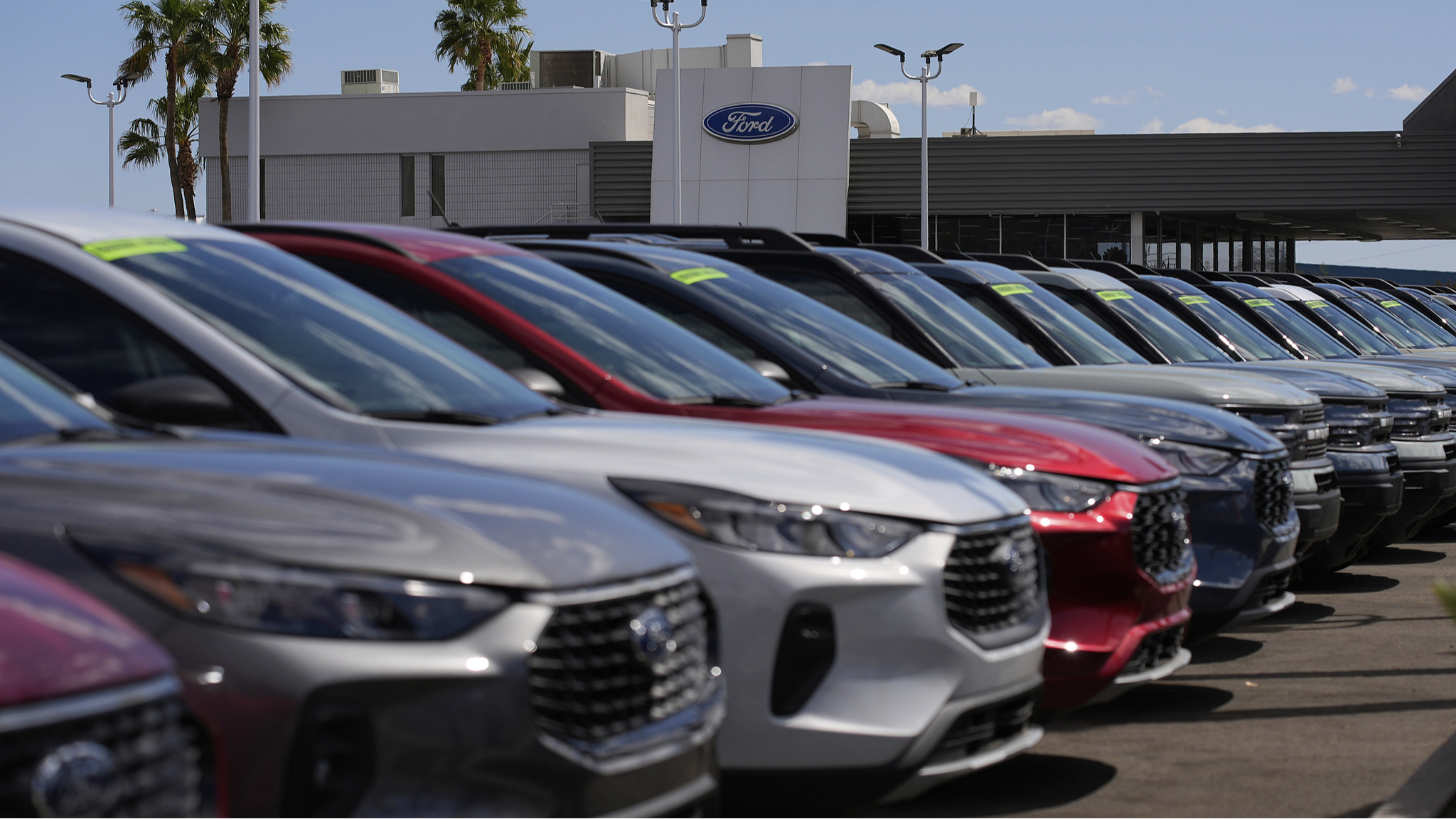By continuing to browse our site you agree to our use of cookies, revised Privacy Policy and Terms of Use. You can change your cookie settings through your browser.
I agree
Search Trends
CHOOSE YOUR LANGUAGE
- Albanian Shqip
- Arabic العربية
- Belarusian Беларуская
- Bengali বাংলা
- Bulgarian Български
- Cambodian ខ្មែរ
- Croatian Hrvatski
- Czech Český
- English English
- Esperanto Esperanto
- Filipino Filipino
- French Français
- German Deutsch
- Greek Ελληνικά
- Hausa Hausa
- Hebrew עברית
- Hungarian Magyar
- Hindi हिन्दी
- Indonesian Bahasa Indonesia
- Italian Italiano
- Japanese 日本語
- Korean 한국어
- Lao ລາວ
- Malay Bahasa Melayu
- Mongolian Монгол
- Myanmar မြန်မာဘာသာ
- Nepali नेपाली
- Persian فارسی
- Polish Polski
- Portuguese Português
- Pashto پښتو
- Romanian Română
- Russian Русский
- Serbian Српски
- Sinhalese සිංහල
- Spanish Español
- Swahili Kiswahili
- Tamil தமிழ்
- Thai ไทย
- Turkish Türkçe
- Ukrainian Українська
- Urdu اردو
- Vietnamese Tiếng Việt
Copyright © 2024 CGTN.
京ICP备20000184号
CHOOSE YOUR LANGUAGE
- Albanian Shqip
- Arabic العربية
- Belarusian Беларуская
- Bengali বাংলা
- Bulgarian Български
- Cambodian ខ្មែរ
- Croatian Hrvatski
- Czech Český
- English English
- Esperanto Esperanto
- Filipino Filipino
- French Français
- German Deutsch
- Greek Ελληνικά
- Hausa Hausa
- Hebrew עברית
- Hungarian Magyar
- Hindi हिन्दी
- Indonesian Bahasa Indonesia
- Italian Italiano
- Japanese 日本語
- Korean 한국어
- Lao ລາວ
- Malay Bahasa Melayu
- Mongolian Монгол
- Myanmar မြန်မာဘာသာ
- Nepali नेपाली
- Persian فارسی
- Polish Polski
- Portuguese Português
- Pashto پښتو
- Romanian Română
- Russian Русский
- Serbian Српски
- Sinhalese සිංහල
- Spanish Español
- Swahili Kiswahili
- Tamil தமிழ்
- Thai ไทย
- Turkish Türkçe
- Ukrainian Українська
- Urdu اردو
- Vietnamese Tiếng Việt
Copyright © 2024 CGTN.
京ICP备20000184号
互联网新闻信息许可证10120180008
Disinformation report hotline: 010-85061466




















The impact of U.S. President Donald Trump's proposed 25 percent tariff on imported cars and auto parts is raising concerns in Slovakia, a major European auto hub.
For more than three decades, Auto-Impex has been a trusted name in Slovakia's car business. But owner Peter Hron sees trouble ahead.
"It is a huge seismic shift that will go through the whole economy of Slovakia," Hron told CGTN.
Slovakia, known as the 'Detroit of Europe,' is a key auto exporter to the United States. The Volkswagen plant in Bratislava produces high-end models like the Porsche Cayenne, Audi Q7 and Land Rover Defender.
Auto-Impex owner Peter Hron is getting into the second hand car business becuase of customers uncertianty about buying new vehicles. /CGTN
Industry leaders warn that thousands of jobs could be at stake.
"Our analysis showed that 20,000 jobs are in danger," said Alexander Matusek, president of the Slovak Automotive Industry Association. "But we hope we will find a solution. We hope that we can find a way to negotiate with the USA."
Sales of new cars have already slowed in Slovakia, according to Hron.
"People are currently feeling (like) not buying new vehicles when there is uncertainty in the air," Hron said. "At this point they are not sure if their livelihood is really guaranteed, and that's why they don't want to do like a long-term three-to-four-year commitment. So basically here in Slovakia we already experience over 25 percent drop in registrations."
The stakes are high for Slovakia, where the auto sector represents 44 percent of industrial output. Volkswagen Slovakia is the country's largest private company, employing more than 250,000 people.
Volkswagen Slovakia is the country's largest private company. /CGTN
Economists fear that a trade war with the U.S. could hugey disrupt the economy.
"If we go back to the economic crisis of 2008, this was probably the only year the auto industry production levels dropped," said economist Tamas Dudas. "Cars were not selling, so it eventually translated to a 5 percent GDP drop. So if something like this happens, it will translate to economic problems."
Hron says his company is adjusting to the uncertainty.
"The fact is that we are expanding our used car business….because people will need cars, but they will go for a lower entry price," Hron said. "We are also introducing new brands which are much more independent and more flexible."